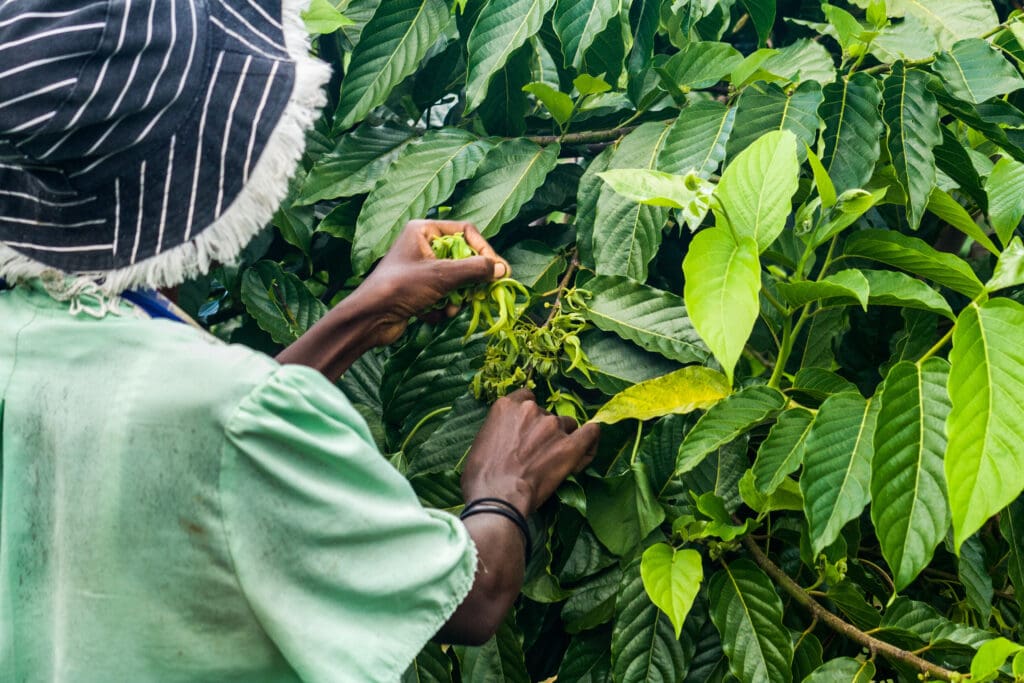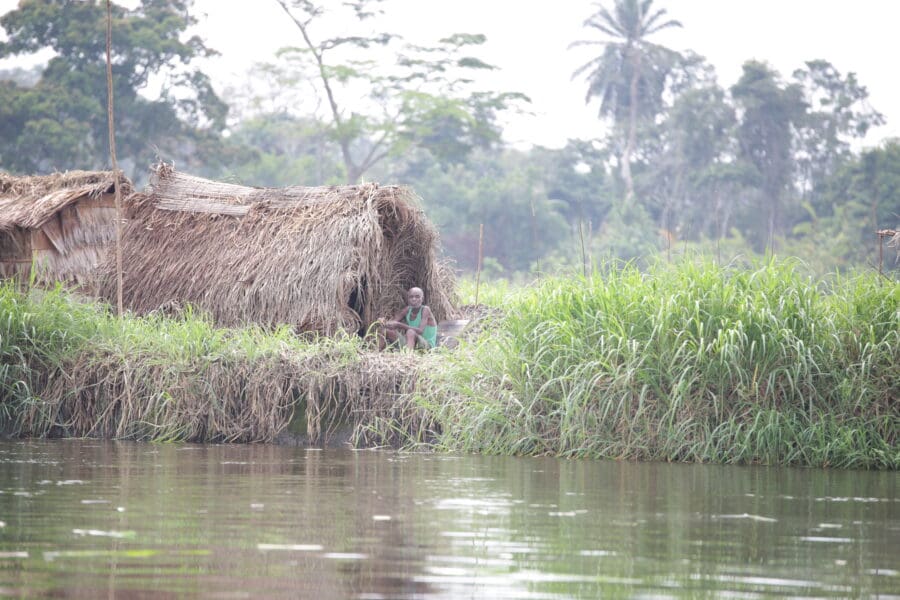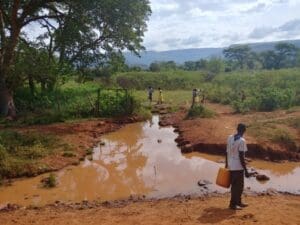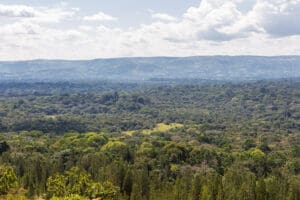From October 12-14, the African Land Institutions Network for Community Rights (ALIN) held its 3rd regional conference, seeking to scale up implementation of community land rights across the continent. You can find details of the event, including media coverage, here.
We strongly believe that recognizing secure tenure rights for local communities and Indigenous Peoples is one of the key drivers of social peace and sustainable economic development. In May 2019, we convened 95 high-ranking officials from 13 African nations and representatives from civil society and international organizations in Antananarivo, Madagascar to share experiences and best practices in securing communities’ customary land rights.
Addressing the common need for a platform to continue sharing our experiences and knowledge, we helped establish the African Land Institutions Network for Community Rights (ALIN). In addition to serving as a community of practice through which members can reinforce their capacities, foster dialogue, and promote information dissemination, the Network serves as an accountability mechanism to measure progress.
To assess progress since meeting in Antananarivo, the 3rd ALIN Conference will be held in a hybrid format in Lomé, Togo and online from October 12-14, 2021. Initiated by the Rights and Resources Initiative (RRI) and co-organized by the International Land Coalition (ILC), the event is hosted by The Togolese Ministry of Urban Settlements, Housing and Land Reform (MUHRF) and the Autopromotion rural pour un développement humain durable (ADHD), a local CSO working on land tenure rights and gender justice issues in Togo.
Current state of community land rights in Africa

Securing community land rights not only promotes peace but also forms the basis for equitable and sustainable development. With secure land rights, communities can benefit from conservation, industry, and maintain their cultural livelihoods and traditional practices.
As of 2015, only 13% of the land area studied in 19 countries in Sub-Saharan Africa is designated for Indigenous Peoples or local communities. Worse still, only 3% is legally recognized as being owned by these communities under community-based tenure regimes.
However, several African states have recently passed or are in the process of passing land reforms recognizing community land rights, including Burkina Faso, Cameroon, the Democratic Republic of the Congo, Ghana, Ivory Coast, Kenya, Liberia, Madagascar, and Togo. As more national governments and the development sector recognize the necessity of secure land tenure, there is an increasing need for regional collaboration to motivate political action, share best practices, and identify opportunities.
Although laws pertaining to progressive land reforms have been passed, implementation remains a challenge to be addressed.
In Lomé, capitalizing on growing political will ahead of COP26 in November and recent legislative land and forest reform gains across Africa will be key. Ministers, high-level government officials, donors, and representatives from national land institutions from 15 African countries will assess progress since meeting in Antananarivo in 2019, discuss strategies to expand community land rights, and reflect on the roles and functions – as well as obstacles and opportunities – of national land institutions in the implementation of these reforms from now until 2030.
Togo’s progressive new Land Code as best practice
Amongst the many pieces of legislation and initiatives emerging from across the continent, the Togolese Land Code is leading the way.
Unanimously passed on June 5, 2018, the new Code sets the foundation for a more progressive institutional land management framework in Togo. It aims to resolve land conflicts that have been pending in court for decades, tackle land speculation and expropriation, eliminate the possibility of registering land multiple times by different actors, and the sell-off of rural lands by securing community customary land rights. The Code also provides the necessary measures and mechanisms needed to ensure equal access to land for traditionally marginalized populations such as the rural poor, youth, and Indigenous and local community women.
As a result of the Togolese government’s efforts to implement the Code, and the urgent need for the development of a draft law on agro-land reform for securing community land rights for rural populations, Lomé is the ideal host city for the 3rd ALIN Conference.
A forum for exchange
Despite these gains, the logistics of hosting an in-person conference in a pandemic remains a challenge. Due to the health and safety measures currently in place and limits on social gatherings in Togo, the 3rd ALIN Conference is limited to 40 in-person participants, but video conferencing accommodations will be available for those unable to travel to ensure accessibility.
Despite these challenges and limitations, we expect to accomplish the following:
- Participants share 1) the current state of play of land legislation in their respective countries; 2) an update on the implementation of the action plans developed in Antananarivo in 2019; and 3) lessons learned;
- Participants collaborate and create strategies to increase secure tenure rights and good practices between now and 2030;
- Functions, responsibilities, perspectives, and techniques for addressing land issues are discussed by national land institutions;
- Opportunities, obstacles, and regional and national agendas are identified and expanded to include the land rights of Indigenous and local communities, including the youth and women within them.
The 3rd ALIN Conference is a strategic opportunity we can leverage pre-COPs to consolidate political will, strategize for resource mobilization, and confirm technical expertise to scale up implementation of community land rights on the ground.
Without this, we fear African communities will remain vulnerable to the expropriation of lands they have conserved for generations.
Patrick Kipalu is Director of RRI’s Africa Program. Alain Christian Essimi Biloa is a Land Governance Specialist at the International Land Coalition.
For questions about the ALIN Regional Conference, please contact Shannon Johnson.
Interested in receiving notifications about new blog posts? Subscribe to The Land Writes Blog now to get new posts delivered right to your inbox.






